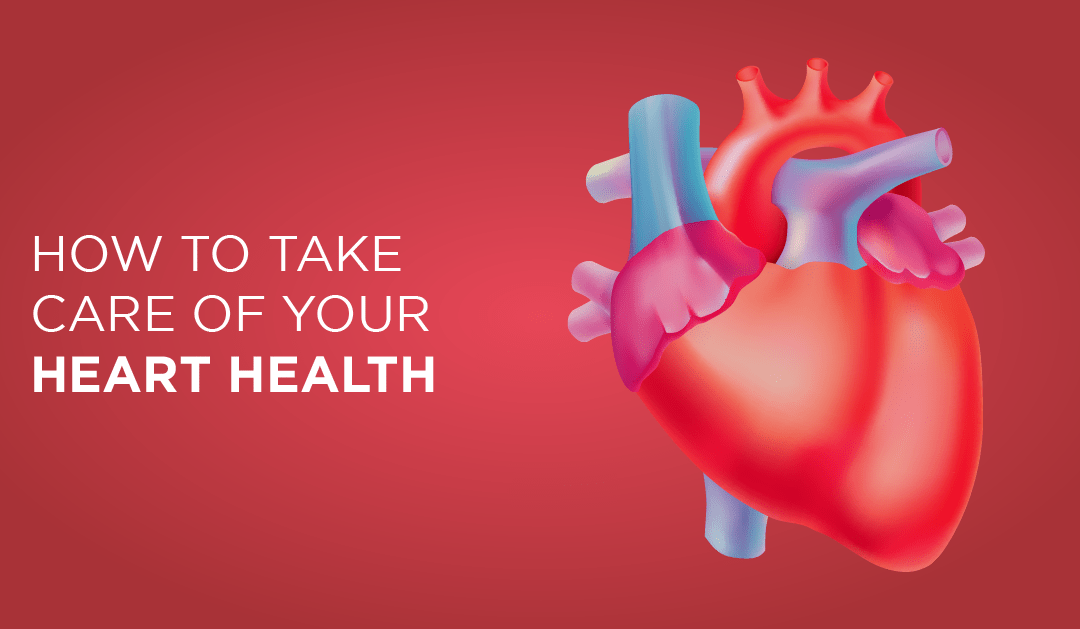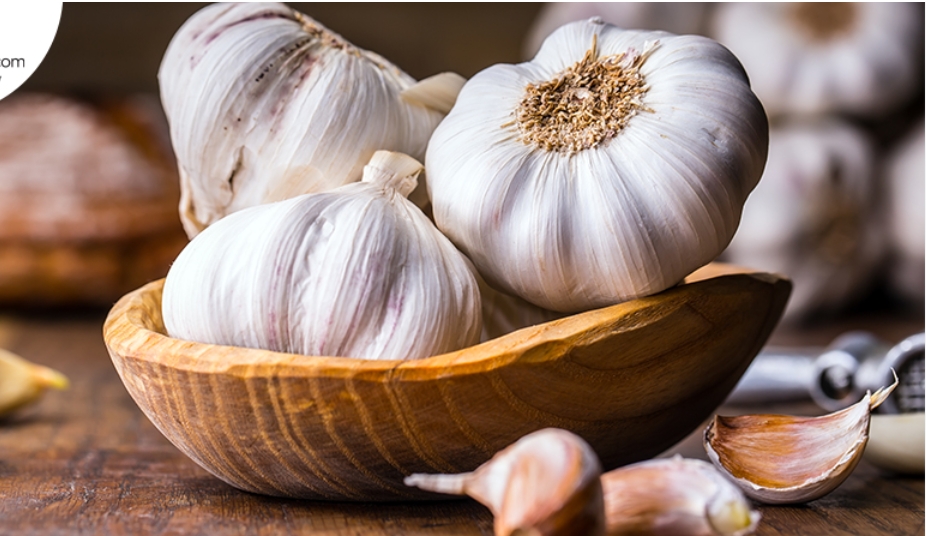

- Garlic contains compounds with potent medicinal properties.
- Garlic is a plant in the Allium (onion) family. It’s closely related to onions, shallots, and leeks.
Each segment of a garlic bulb is called a clove. There are about 10–20 cloves in a single bulb, give or take.
Garlic grows in many parts of the world and is a popular ingredient in cooking due to its strong smell and delicious taste.
However, throughout ancient history, people widely used trusted Source garlic for its health and medicinal properties. There is documented evidence of its use by many major civilizationsTrusted Source, including the Egyptians, Greeks, Romans, Chinese, and Indians.
Scientists now know that most of garlic’s health benefits are due to the formation of sulfur compounds when you chop, crush, or chew a garlic clove.
Perhaps the most well-known compound is allicinTrusted Source. However, allicin is an unstable compound that is only briefly present in fresh garlic after you cut or crush it.
Other compounds that may play a role in garlic’s health benefits include diallyl disulfideTrusted Source and s-allyl cysteine.
The sulfur compounds from garlic enter your body from the digestive tract. They then travel all over your body, exerting strong biological effects.
- Garlic is highly nutritious but has very few calories
Calorie for calorie, garlic is incredibly nutritious.
A single clove (about 3 grams) contains 4.5 caloriesTrusted Source, 0.2 grams of protein, and 1 gram of carbs.
Garlic is a good source of several nutrients, notably:
manganese
vitamin B6
vitamin C
selenium
fiber.
- Garlic can help protect against illness, including the common cold
Research from 2016 suggests that aged garlic extract (AGE) can boost your immune system.
The study found that people who took AGE supplements for 3 months during the cold and flu season experienced less severe symptoms and fewer days missed of school or work.
Other research suggests that the compounds in garlic may have antiviral propertiesTrusted Source. In addition to boosting your immune system, it may help prevent viruses from entering host cells or from replicating within your cells.
- The active compounds in garlic can reduce blood pressure
According to the World Health Organization Trusted Source, cardiovascular diseases like heart attack and stroke are responsible for more deaths than almost any other condition.
High blood pressure, or hypertension, is one of the most important factors that may lead to these diseases.
A 2020 meta-analysis of Studies Source found garlic supplements to reduce blood pressure in people with high blood pressure. Researchers linked this effect to a 16–40% reduced risk of experiencing cardiovascular events.
The analysis noted that the effect of garlic was similar to some blood pressure medications but with fewer side effects.
A 2019 review Source notes that allicin in garlic may limit the production of angiotensin II, a hormone that increases blood pressure. It may also relax your blood vessels, allowing blood to flow more easily.
- Garlic improves cholesterol levels, which may lower the risk of heart disease
A 2018 research review Source suggests that garlic can lower total and LDL (bad) cholesterol. The authors recommend that people with high cholesterol eat more garlic but caution that more research is needed to verify their findings.
According to 2016 research, taking garlic supplements for more than 2 months could reduce your LDL by up to 10%. Researchers noted this effect in people with slightly raised cholesterol levels.
But garlic does not seem to have the same effect on triglyceride levels, another risk factor for heart disease.
Research also suggests that garlic does not affect HDL (good) cholesterol.e







